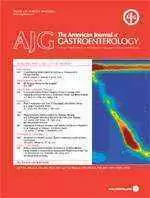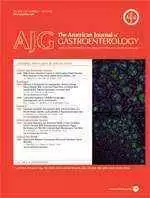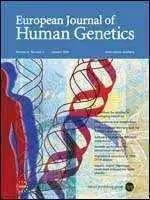
Celiac.com 03/07/2011 - Although the HLA-DQ locus is clearly the strongest genetic factor influencing the development of celiac disease, it is certainly possible that other genes play supporting roles. Identifying these genes could help shed light on why certain genetically susceptible individuals develop celiac while others can happily (and healthily) eat gluten.
NALP1 and NALP3 are genes that encode proteins involved in assembling the inflammasome, which is exactly what it sounds like – a complex of proteins that promotes inflammation. Gain-of function mutations – those that render the protein perpetually active, rather than responsive to activating signals – in NALP3 are known to cause autoinflammatory diseases, and NALP1 polymorphisms have been associated with the autoimmune diseases vitiligo, type I diabetes, and Crohn’s disease. NALP1 is found at high levels in T cells and Langerhans cells, but is also expressed in glandular epithelial structures including the stomach and gut. So a team of researchers in Trieste, Italy led by Dr. Sergio Crovella decided to check if polymorphisms in these genes might be associated with celiac disease as well. Their work is reported in the January 18, 2011 issue of The American Journal of Gastroenterology.
Celiac.com Sponsor (A12):
They sequenced the DNA of 504 unrelated Italian children and adolescents with celiac disease and 256 healthy controls. They were looking for two particular polymorphisms in each gene, as these were already known to be associated with immune disorders. They did find differences in the frequency of the different individual alleles between celiac patients and controls, but these differences did not reach the levels of statistical significance. The combination of both NALP1 variants together, however, was significantly more common in study participants with celiac.
NALP1 and NALP3 assemble the inflammasome by inciting the expression of the proinflammatory cytokine interleukin-1β , which in turn promotes autoreactive T cell function. The authors suggest that perhaps people with altered levels of responsiveness to interleukin-1β might be predisposed to autoimmunity. More work is needed to elucidate the role these NALP proteins might play in the intestinal damage that occurs in celiac disease.
Source:
-
Open Original Shared Link









.thumb.png.be5f28e9e38689292413f744e480f2a4.png)
Recommended Comments
There are no comments to display.